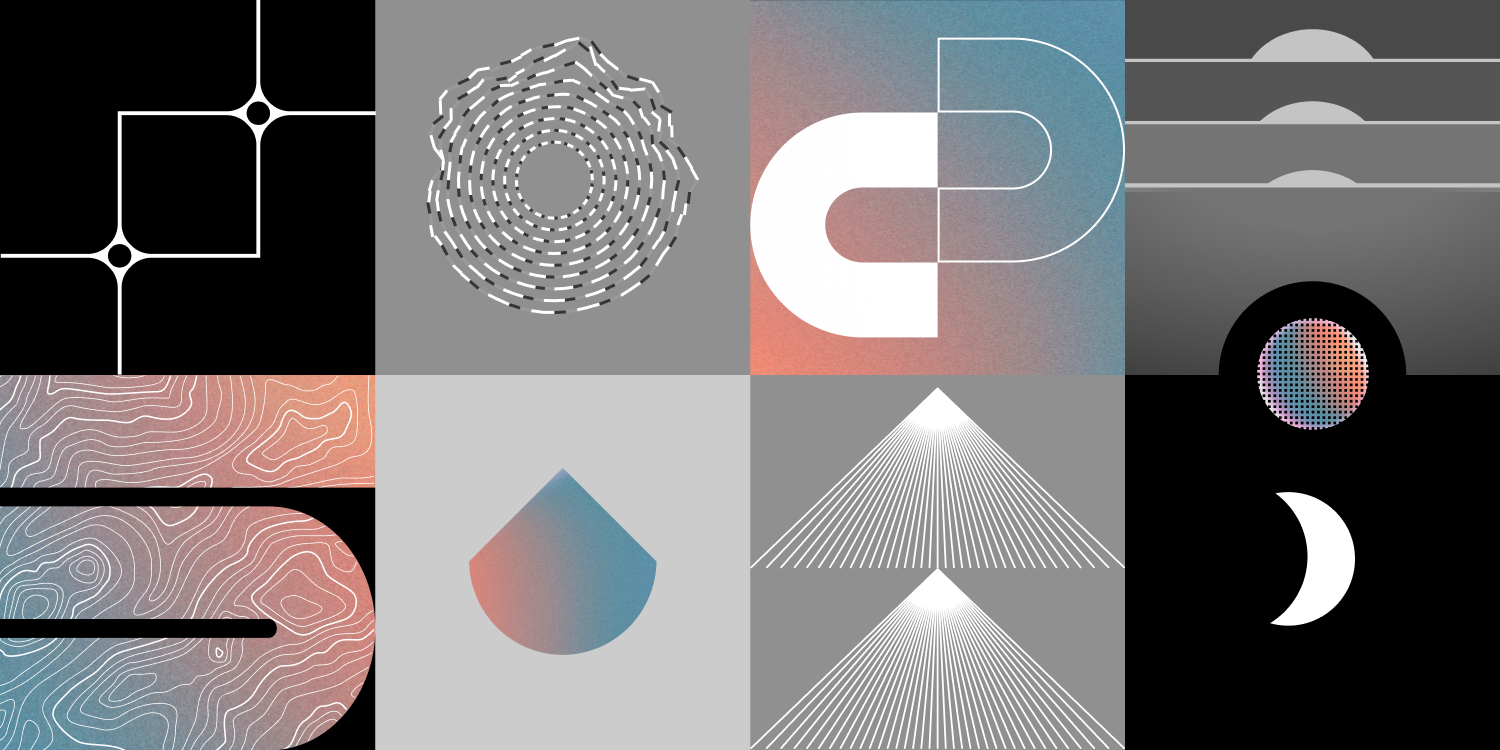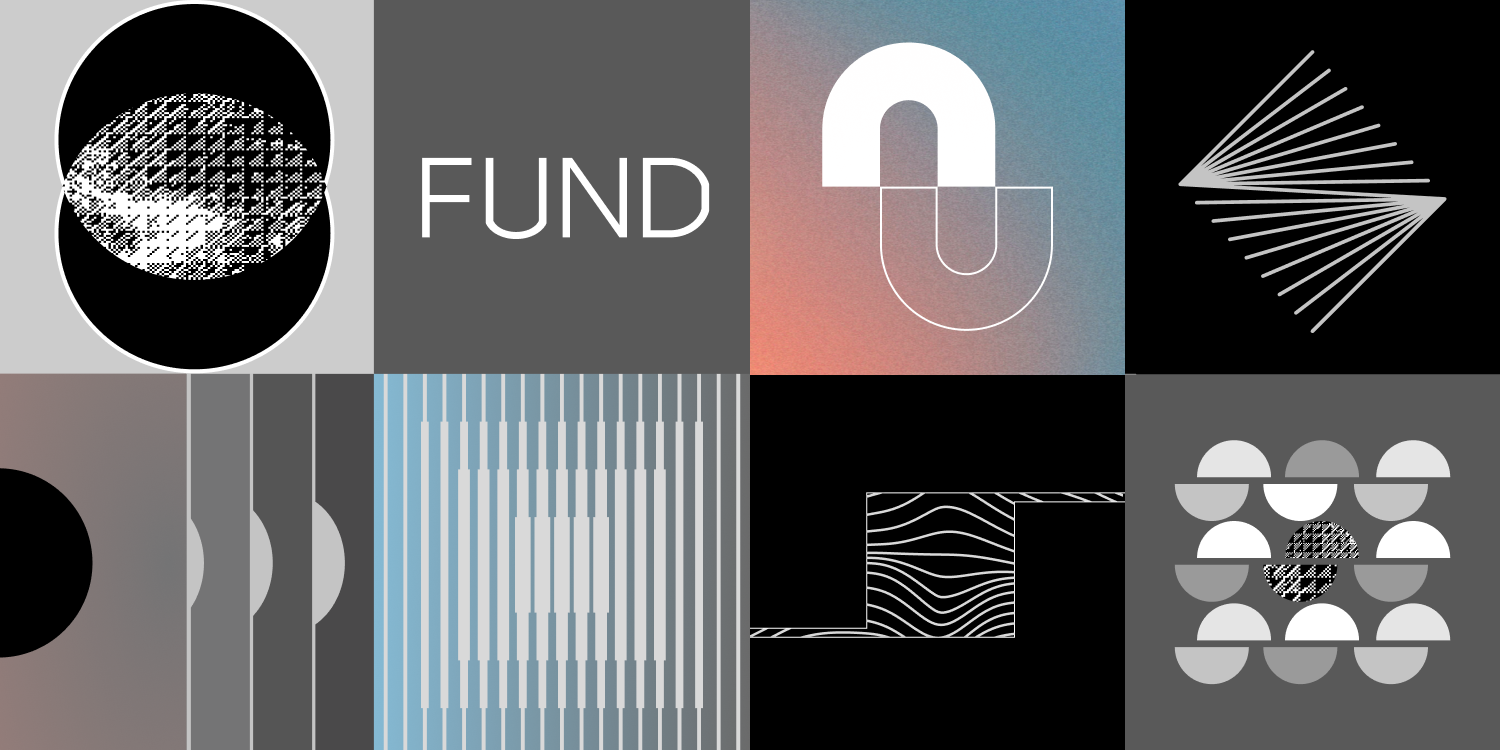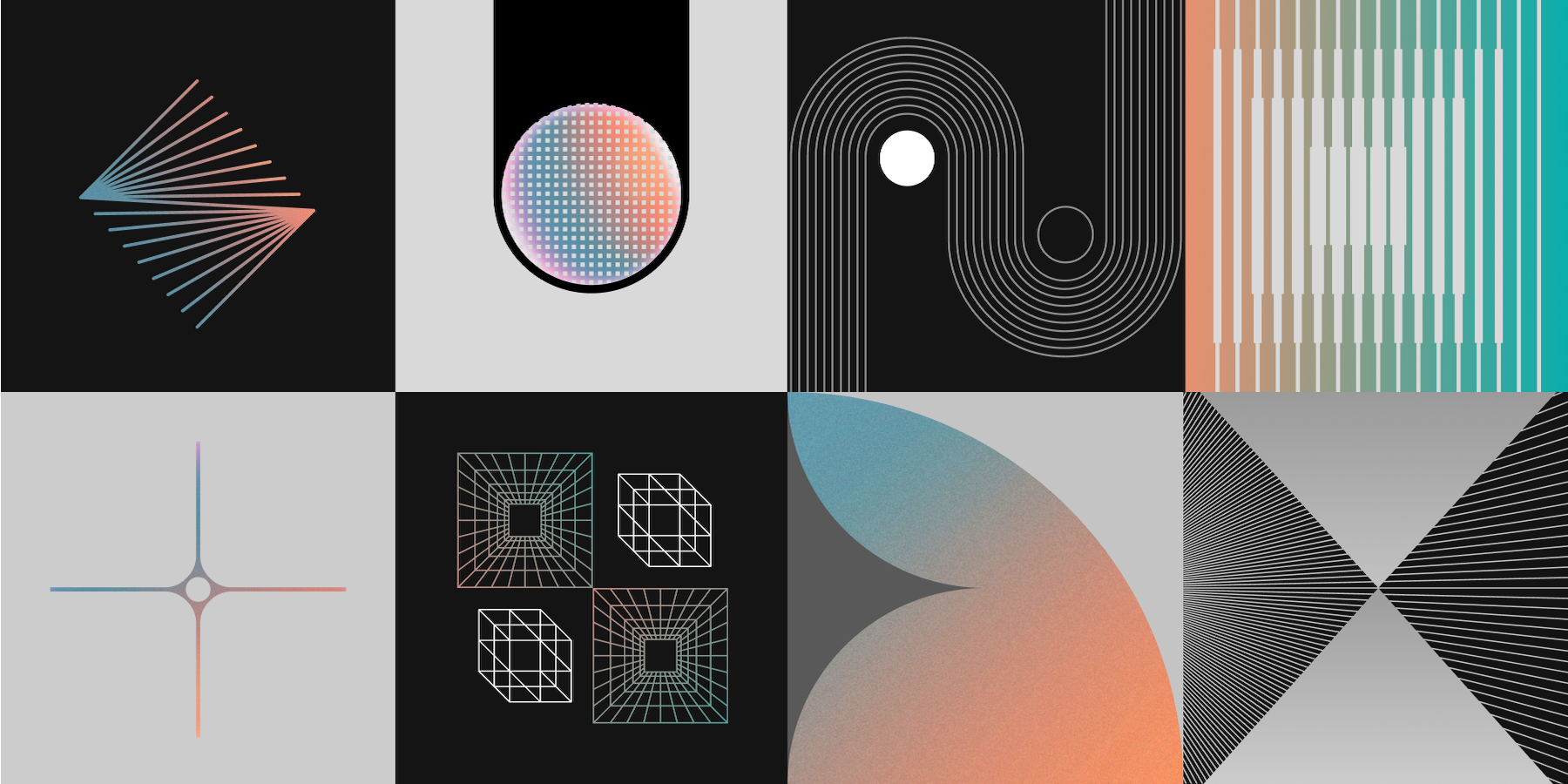Raising the Free and Rebellious with Dhruv Mehta

Dhruv Mehta is a Bitcoin Core Developer and one of Superlunar’s 2022 grant recipients.
“Our culture values gold.”
Growing up in India, this lesson was shared often and with gusto to Dhruv Mehta, but its importance didn’t click until he found bitcoin.
At seven years old, many of us are getting dolls or nerf guns for birthdays. At seven, Dhruv was gifted a tiny gold coin with a goddess on it, left to wonder what exactly he was supposed to do with it. At the time, financial insecurity and a censorship-resistant store-of-value didn’t mean much to him yet.
Although there are unique differentiators, the overlap between bitcoin and gold — the precious metal that has been used for coinage, monetary policy, jewelry, and other arts throughout recorded history — is quite interesting. When needing to access their valuables, Dhruv’s mom and aunt would go to the bank, each with a unique key. Along with a third key from the banker they would unlock their physical possessions, much like how a multisig address operates.
Dhruv is from Mumbai and what was considered an upper middle class family. His father started his career as a civil engineer, then became an executive at a cement firm. In a 2008 corporate restructuring, he retired and despite him having worked hard in a long and successful career, the family could no longer afford a two bedroom apartment in a city where they once thrived. This was a product of the debasement of India’s fiat money and the resulting asset inflation.
After a varied career, partly rooted in advancing the surveillance state, it’s fitting that Dhruv now works as an open source developer for a technology promoting a similar ethos as gold.
Dhruv’s exposure to bitcoin came in three waves: libertarian, technical, and financial.
In 2013 he was working at Google in Advertising and Search and moved to the US. A few friends were bitcoin-buying libertarians and while their arguments made sense, Dhruv didn’t put much thought into it at the time. Eventually he left Google to run his own startup, a YC company focused on marketing automation. During this time, the technical wave hit and he started thinking about how the network would matter more than the chain itself.
In 2017, Dhruv sold his startup and started training for his commercial pilot license. Also during this time was when the final financial wave hit and made something click. If someone were to ask, “Why don’t you like bitcoin?” he didn’t have an answer. Not one to be intellectually dishonest, Dhruv went to work. He started studying bitcoin alongside aviation.
He listened to Trace Meyer and started auditing classes with Blockchain at Berkeley. He took Dan Boneh’s Cryptography course in addition to reading Serious Cryptography by Jean-Philippe Aumasson. At this time he was a user and a student, but not yet a contributor.
His passions started shifting and came to a head preparing for his pilot certification test. On a night flight, with the Milky Way in clear view, he was talking to his instructor about bitcoin instead of flight systems and it was clear his obsession had changed. His heart was in bitcoin. He was awarded his license, flew back from that exam, and hasn’t flown since.
Onboarding and Open Source
Even though Dhruv admired the individuals working on bitcoin, up until this point they existed on a pedestal. For the majority of his professional career, Dhruv self-identified as the entrepreneur who could cobble things together, the breadth guy, not the depth guy. He hadn’t been working on this his whole life, he had kids. To do bitcoin contribution, you have to be in depth with research and there is more studying to be done!
It’s common knowledge that credentials outside of bitcoin don't matter in bitcoin. At this time, Dhruv’s wife pointed out the fact that studying bitcoin can theoretically go on forever, it’s so many things. Why don’t you do something?
Moving past the initial hesitation, he searched “onboarding to bitcoin core” and there was Amiti Uttarwar’s article. He contacted her directly and she sent him an exercise. Even though he wasn’t able to complete it in full, he responded with progress and questions, proving he was willing to put in the work. From there they started meeting on a regular basis and she introduced him to other key players in the community.
He was slated to be a 2020 Chaincode Resident, but the pandemic had other plans. He started taking the online seminars Chaincode offered, Jimmy Song’s course, and building up his portfolio of PRs and reviews. After contributing for 6-8 months, felt ready to seek funding in 2021, where he received grants from Spiral, HRF, and Gemini Opportunity Fund.
Dhruv has been working on BIP324 which will enable authenticated encryption (without persistent identities) for bitcoin nodes increasing censorship-resistance and privacy for network participants. He’s also always been obsessed with DNS seeds and part of his interest is trying to make the process of finding other nodes trustless as opposed to just trust minimized.
When talking about the perks and challenges of working in open source, there are common themes on both sides. The best thing about open source is you are your own boss and have the luxury of spending time on the things you want to work on. When you have ultimate freedom though, the onus is on you to find something useful. In a traditional company setting, management has theoretically already vetted projects and it’s just your responsibility to do the work. Open source is a free market of ideas and it can be a harsh place. It all comes down to proving you’re there to do the work and you can identify projects other deem worth the time to review. If you're struggling to get time, attention, or help, it’s all a reflection of people not thinking what you’re working on is useful.
That being said, it was a pleasant surprise to be met with such a warm and welcoming community. It’s a very high bar that’s set on who people are willing to give their time to, but after meeting the bar, the support has come in droves. “People like Amiti and Adam Jonas, [of Chaincode Labs] have been so kind. Pieter Wuille has made himself available to answer questions and explain concepts in tremendous depth. Even if it’s the 300th time they’ve heard it, they remain patient. I haven’t encountered a community that does that before this.”
What keeps Dhruv motivated day to day is his kids. “Money is always used to program incentives and align people. In the fiat system, there are going to be incentives predetermined for my children. If their incentives are natural, it leaves them the opportunity to introspect so their true selves can shine through, rather than skip introspection and hop directly on the hamster wheel.” Dhruv feels as though he’s contributed plenty of bad in the world he’s about to leave them. What can he do that’s a more powerful force of good and freedom in their lives? He wants to enable them to be free and rebellious and not driven by a puppet master reprogramming their incentives.
The Future for Bitcoin
I asked Dhruv what he hoped for the future of bitcoin, and like any respectable dev, he met me with adversarial thinking. How do we protect it against attacks?
“I ask myself how these central puppet masters, how are they going to try to control this? What could take away my children’s freedom? We have to continue working on censorship resistance. Right now they think it’s small potatoes, and once they realize it’s a big deal, they’re going to try to attack it, first the companies then the network. You don’t get nukes when the other side gets nukes, you build at the same time they are.”
“The fiat program has trained us to not want responsibility. Bitcoin is very safe to self custody in that the risk of physical violence is low, but the risk of loss is higher than gold or oil. We need to onboard today’s society, people who are afraid of self custody.”
Even though it might not be the bitcoin twitter way, Dhruv is constantly questioning. Bitcoin is still a social experiment. What happens in 20 years, if the price flatlines? Another concern he has is surrounding the block subsidy. What happens in 2140 when there isn’t one? How are miners going to secure the network? He doesn’t have the answer, but isn’t against looking to other protocols to see what’s working.
He’s often taking a class. Recently he attended Patrick McCorry’s course. Even if concepts are repetitive, there’s always a layer of the onion that gets unpeeled allowing for deeper thinking. Dhruv is now also a mentor in the space and acknowledges that not all learning styles are the same and as a mentor it’s best to understand learning styles before shelling out resources.
Superlunar is thrilled to continue support of Dhruv’s work and his contributions to the ecosystem.
“I don’t think we are shaping bitcoin, as much as bitcoin is shaping us and shaping the world.” - Dhruv Mehta



